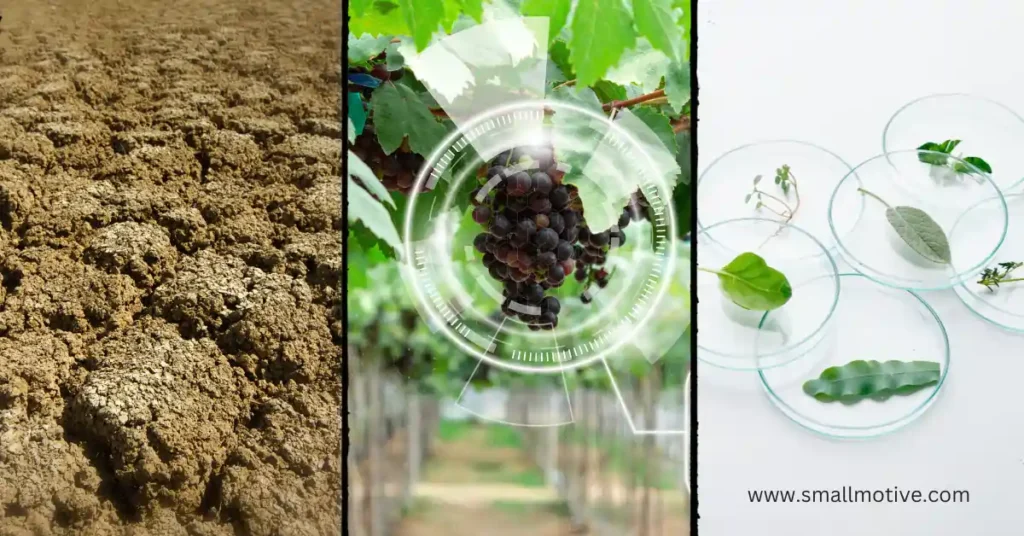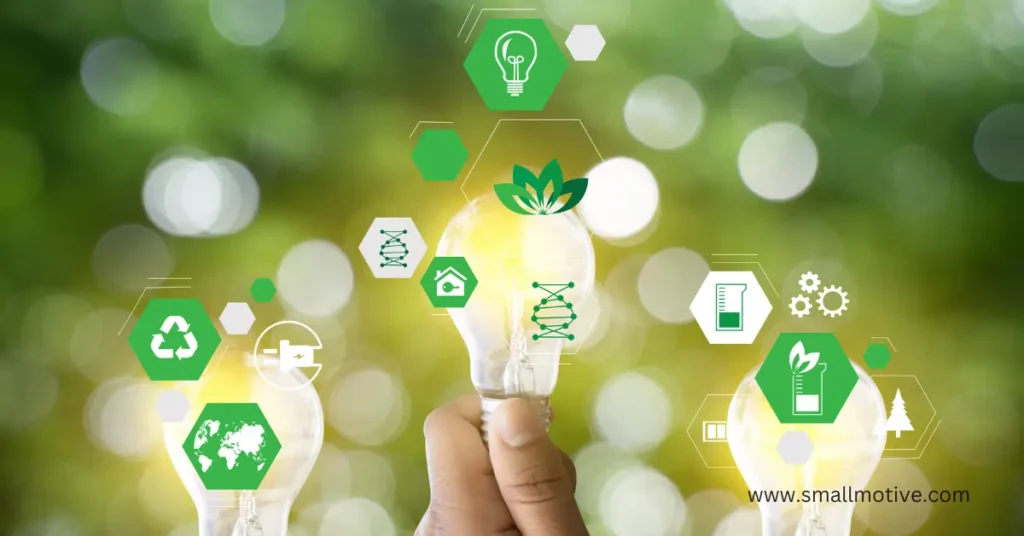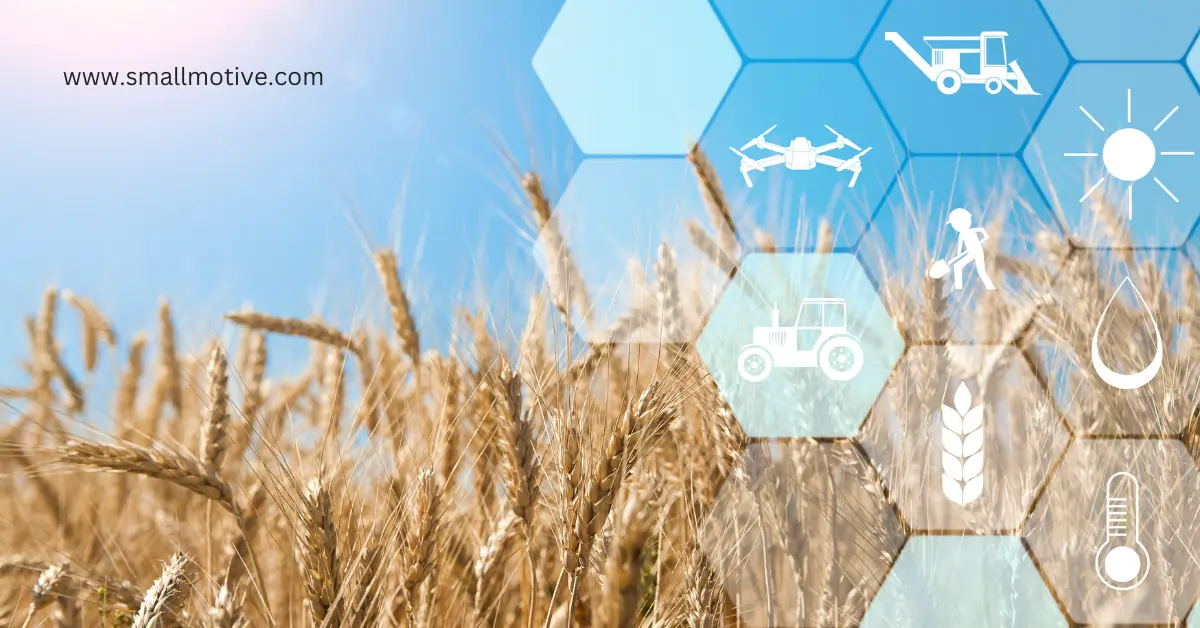Introduction to Precision Agriculture
Precision agriculture, also known as precision farming or smart farming, is a modern approach to farming that utilizes technology to optimize crop production and increase efficiency. Through the integration of various technologies such as GPS, sensors, drones, and data analytics, farmers can make informed decisions regarding crop management, irrigation, fertilization, and pest control.
Benefits of Precision Agriculture
Increased efficiency in resource utilization
Precision agriculture enables farmers to precisely apply inputs such as water, fertilizers, and pesticides, reducing waste and maximizing resource efficiency. By using data-driven insights, farmers can tailor their practices to the specific needs of each crop and field, optimizing resource allocation.
Improved crop yield and quality
By monitoring crop health and growth patterns in real-time, precision agriculture allows farmers to identify issues early on and take corrective actions promptly. This proactive approach helps in maximizing crop yield and quality, resulting in better profitability for farmers.
Environmental sustainability
Precision agriculture promotes sustainable farming practices by minimizing the use of inputs such as water, fertilizers, and pesticides. By reducing chemical runoff and soil erosion, precision farming helps in preserving natural resources and minimizing environmental impact.

Potential Harmful Effects of Precision Agriculture
Soil degradation
Intensive use of machinery and equipment in precision agriculture can lead to soil compaction and degradation over time. This can adversely affect soil structure, water infiltration, and nutrient availability, ultimately impacting long-term soil health and productivity.
Dependency on technology
As precision agriculture relies heavily on technology and data-driven decision-making, there is a risk of increased dependency on complex systems and equipment. Technical failures, cybersecurity threats, or disruptions in data connectivity can disrupt farm operations and compromise productivity.
Impact on biodiversity
The uniform application of inputs and intensive farming practices associated with precision agriculture can have negative implications for biodiversity. Monocropping and reduced crop diversity can lead to habitat loss for wildlife, decline in pollinator populations, and increased vulnerability to pest outbreaks.

Addressing Concerns: Mitigation Strategies
Soil conservation practices
Implementing soil conservation practices such as cover cropping, crop rotation, and reduced tillage can help mitigate the risk of soil degradation associated with precision agriculture. These practices promote soil health, organic matter accumulation, and water retention, ensuring long-term sustainability.
Diversification of farming methods
Encouraging diversification in farming methods by integrating agroforestry, intercropping, and mixed farming systems can enhance biodiversity and resilience in agricultural landscapes. Diverse cropping systems support ecosystem services, natural pest control, and nutrient cycling, reducing reliance on external inputs.
Sustainable technology adoption
Promoting the adoption of sustainable technologies such as precision irrigation, robotic weed control, and integrated pest management can minimize environmental impact while maximizing productivity. Investing in research and development of innovative solutions can further improve the sustainability of precision agriculture.

Conclusion
While precision agriculture offers significant benefits in terms of efficiency, productivity, and sustainability, it also poses potential risks and challenges that need to be addressed. By implementing appropriate mitigation strategies and adopting sustainable farming practices, we can harness the full potential of precision agriculture while minimizing its harmful effects on the environment and society.
FAQs
- Does precision agriculture require a lot of investment in technology?
- While precision agriculture does involve initial investments in technology and equipment, the long-term benefits in terms of increased efficiency and productivity often outweigh the costs.
- Can precision agriculture be practiced on small-scale farms?
- Yes, precision agriculture can be scaled to suit farms of all sizes. Technologies such as handheld devices, drones, and smartphone apps make precision farming accessible to small-scale farmers as well.
- What are some common challenges faced in implementing precision agriculture?
- Challenges in implementing precision agriculture include data management, technical expertise, infrastructure requirements, and initial investment costs.
- Does precision agriculture lead to overreliance on chemical inputs?
- While precision agriculture can optimize the use of inputs such as fertilizers and pesticides, it also emphasizes sustainable practices such as integrated pest management and soil conservation to minimize reliance on chemical inputs.
- How does precision agriculture contribute to environmental sustainability?
- Precision agriculture promotes environmental sustainability by reducing chemical runoff, minimizing soil erosion, conserving water resources, and preserving biodiversity through targeted and efficient farming practices.

1 thought on “Is Precision Agriculture Harmful? Unveiling the Truth”